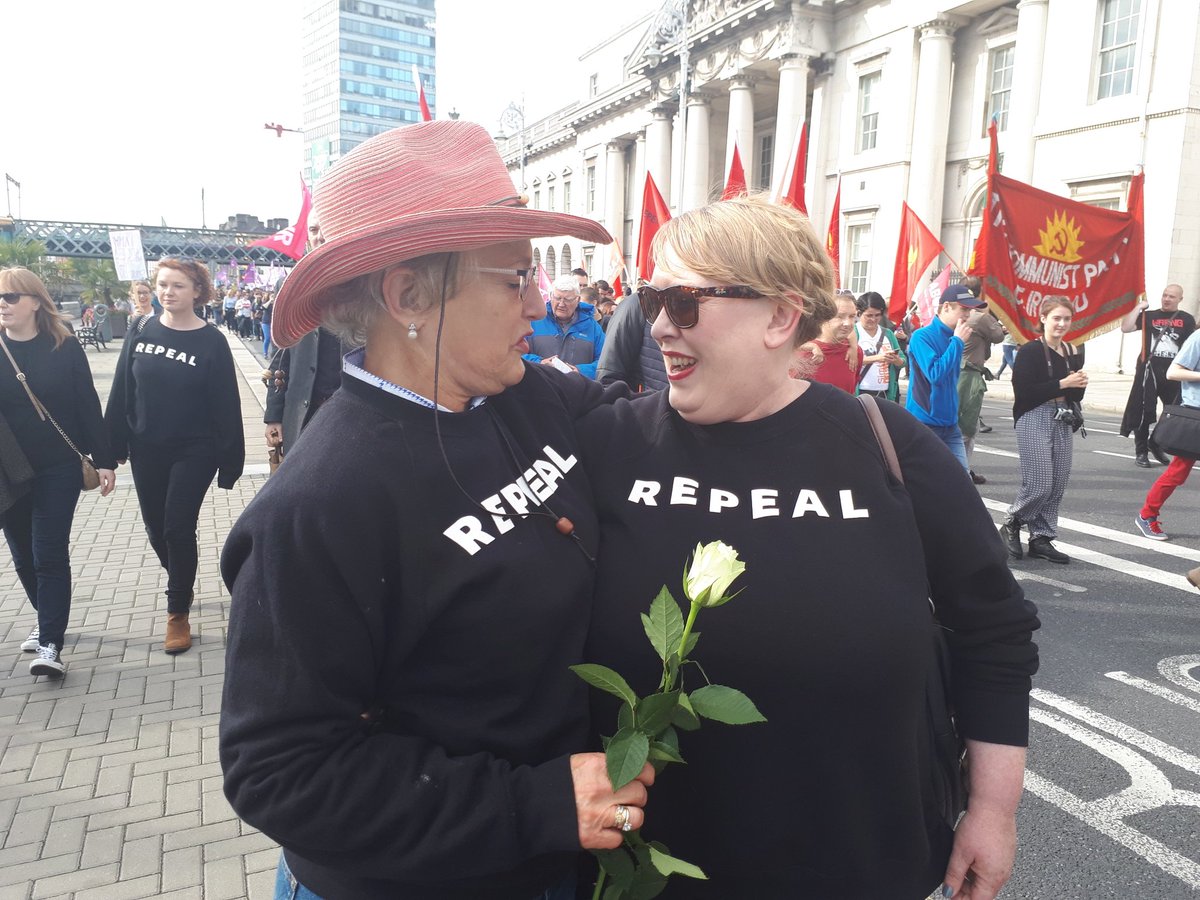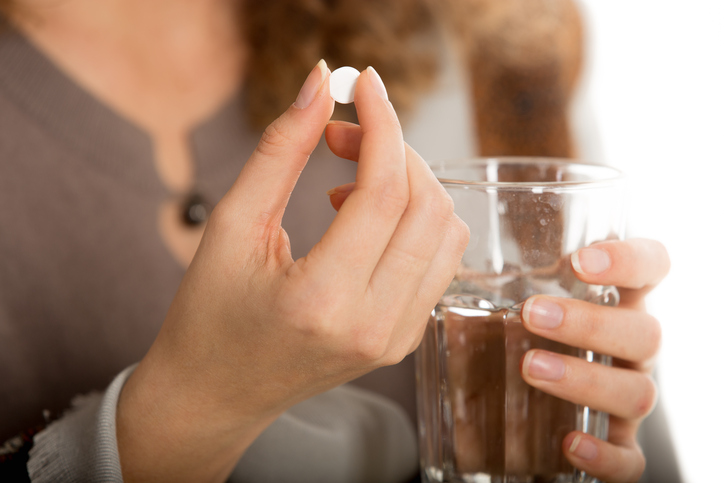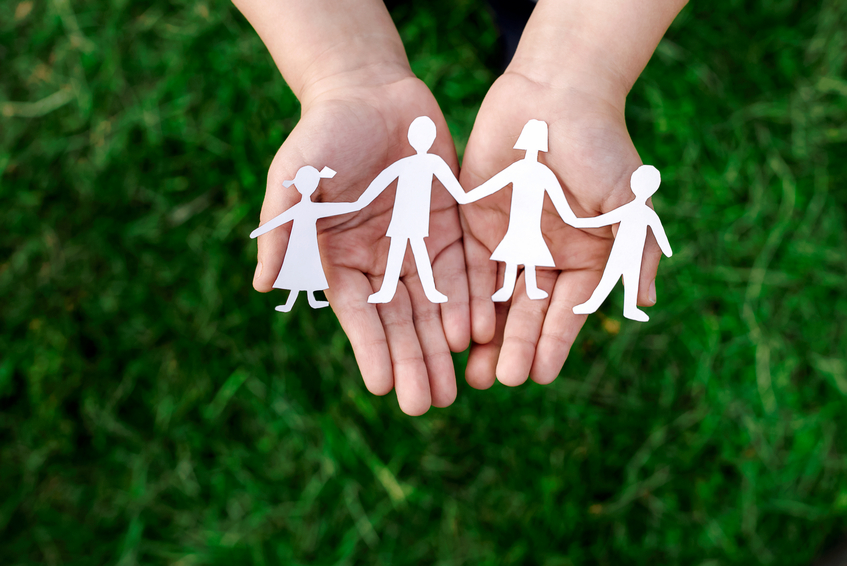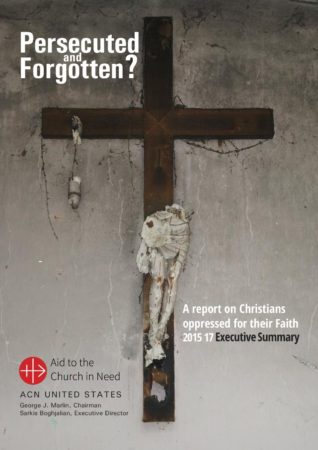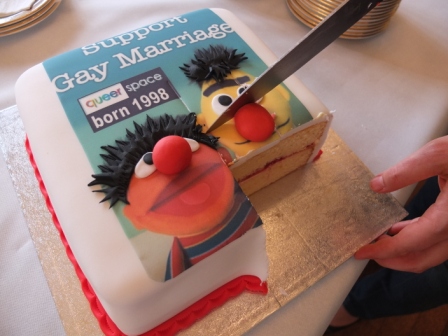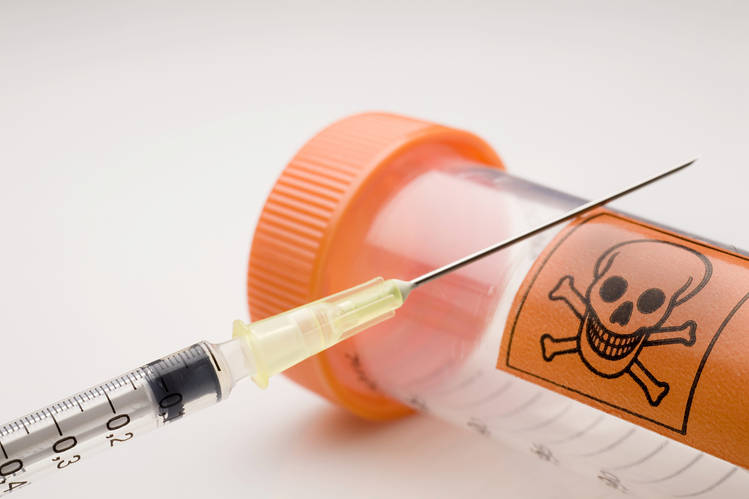The Taoiseach welcomed Pope Francis to the country in a diplomatic reception at Dublin Castle on Saturday where both set out the outlines of Church-State cooperation. He also criticised the Church over the abuse scandals.The Pope in turn had words to say about Ireland’s current trajectory away from Christianity and toward a consumerist, materialistic society.
Mr Varadkar told the Pope his visit had prompted reflection “on the relationship between Ireland and the Roman Catholic Church, a faith brought to Ireland centuries ago.” He noted the ongoing contribution of the Church to providing a social net for the poor, especially during the decades when the State provided none at all. He also mentioned where that shared cooperation had failed: “Magdalene Laundries, Mother and Baby Homes, industrial schools, illegal adoptions and clerical child abuse are stains on our State, our society and also the Catholic Church. Wounds are still open and there is much to be done to bring about justice and truth and healing for victims and survivors.”
He then asked the Pope to use his “office and influence to ensure this is done here in Ireland and across the World.”
In his response, the Pope said he was very conscious of those women and children and orphans who in the past endured particularly difficult situations. “With regard to the most vulnerable, I cannot fail to acknowledge the grave scandal caused in Ireland by the abuse of young people by members of the Church charged with responsibility for their protection and education.”
Francis said that true peace “requires constant conversion on our part, as the source of those spiritual resources needed to build a society of authentic solidarity, justice and service of the common good. Without that spiritual foundation, our ideal of a global family of nations risks becoming no more than another empty platitude.” He continued: “Can we say that the goal of creating economic or financial prosperity leads of itself to a more just and equitable social order? Or could it be that the growth of a materialistic ‘throwaway culture’ has in fact made us increasingly indifferent to the poor and to the most defenceless members of our human family, including the unborn, deprived of the very right to life?”


